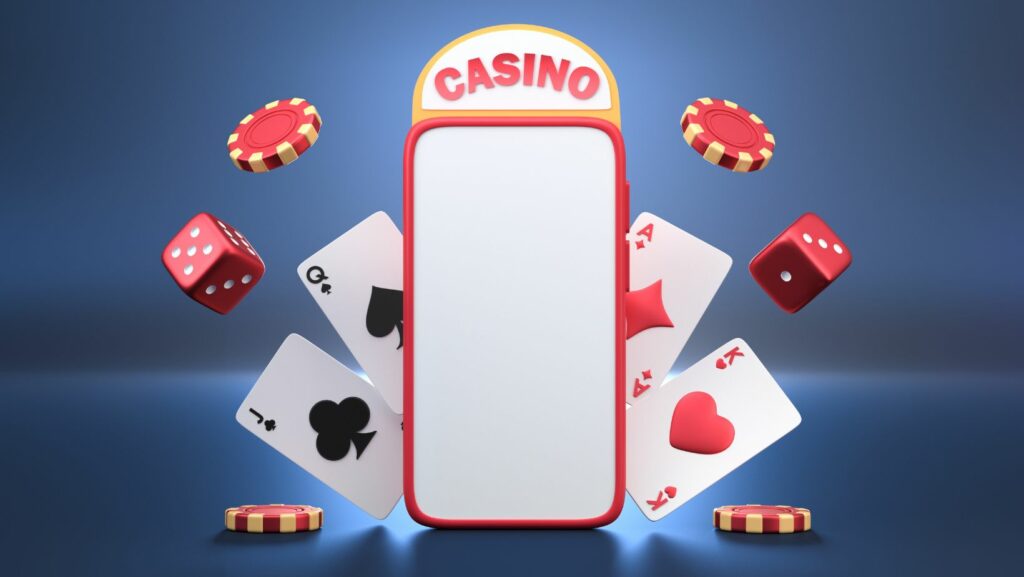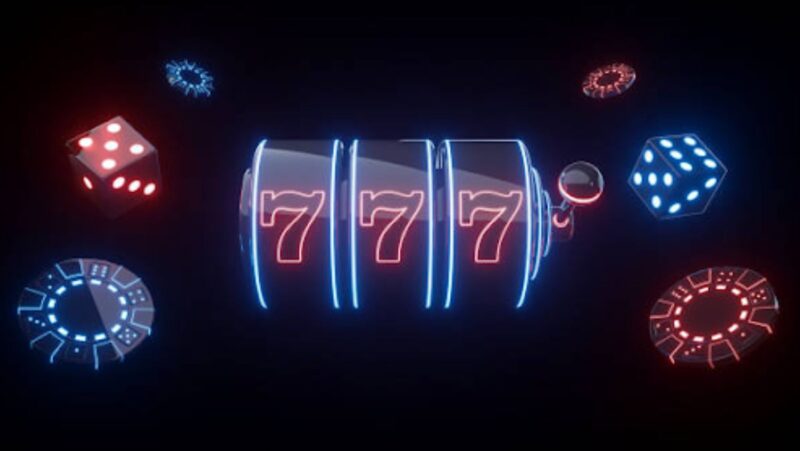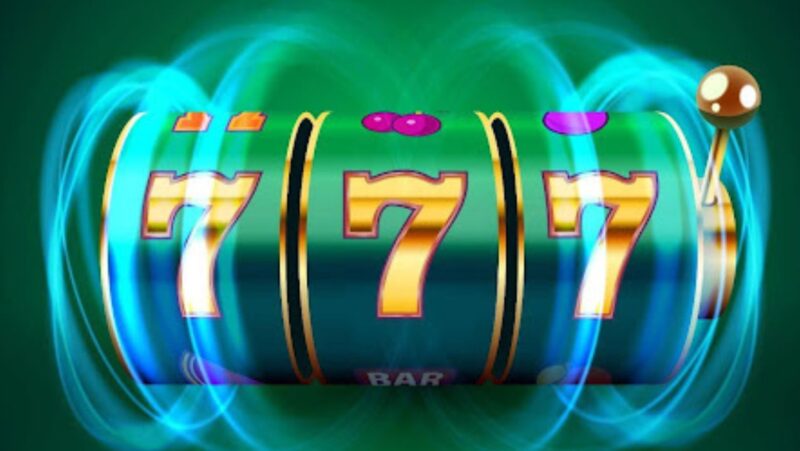
Meta Title: The Science of Strategy: Optimizing Your Casino Gameplay
Meta Description: Learn how concepts from game theory like Nash equilibrium, mixed strategies, and more can be used to analyze casino games and make optimal plays.
Casino games have an aura of glamor, risk, and reward around them. Behind the flashy lights and exciting gameplay, there is an entire field of mathematics dedicated to optimizing strategy and beating the house edge. Game theory is the scientific study of strategic decision-making. It provides a framework for modeling situations where success depends on the decisions of multiple players who may have competing interests. By using game theory, we can analyze the rules and payout structures of different casino games, seek out optimal strategies, and gain an edge over the casino.
In this article, we will explore key game theory concepts and how they can be applied to popular games at RocketPlay and other casinos, including blackjack, craps, and poker. With some mathematical insights and strategic adjustments, you can improve your odds, lower the house edge, and walk away a winner more often.
Understanding Casino Game Rules and Payouts
The first step to optimizing any casino game strategy is understanding the rules, odds, and payout structures inside out. Every casino game has a built-in house edge – which is how casinos profit long-term. The house edge comes from rules that skew the odds in the casino’s favor.
For example, in European roulette, the house edge is 2.7%. This means that for every $100 wagered, thereviewscasino.com expects to earn $2.70 in profit. The house edge is created through the zero (0) pocket on the wheel. Getting more granular with game rules helps identify where the house edge comes from and any opportunities where optimal play can overcome it.
Using Probability Theory to Your Advantage
Most casino games involve random elements like card deals, dice rolls, or roulette wheel spins. Probability theory helps quantify likelihood in games of chance. Calculating the odds for different outcomes provides a mathematical baseline for judging the expected value of certain plays.
Some probability insights that are useful for casino games:
- Blackjack: The odds of being dealt a blackjack (21 score) in your initial two cards is 4.83%.
- Craps: The odds of rolling a 7 is 16.67% – the most likely outcome.
- Roulette: In European roulette, the probability of a single number hitting is 2.7%.
While the casino will always have an edge in the long run, short-term probability is more variable. By targeting higher probability plays, you can increase your chances of winning within a single session.
Finding Optimal Strategies with Nash Equilibrium
The Nash Equilibrium is a key concept in game theory for determining optimal strategic decisions. A Nash Equilibrium refers to the point where players in a game have nothing to gain by changing their strategy.
Every casino game with an element of skill has one or more Nash Equilibriums. This includes blackjack, video poker, sports betting exchanges, and poker. Identifying and playing to the Nash Equilibrium provides the best way to minimize the house edge.
Some examples:
- In blackjack, the basic strategy of card counting aims to reach the Nash Equilibrium.
- In poker, game theory has identified the Nash Equilibrium preflop hand ranges.
- In craps, the odds bets structure allows playing at the Nash Equilibrium.
Deviation from these optimal strategies introduces more risk and gives up your mathematical edge to the casino. Mastering the Nash Equilibrium takes research, practice, and discipline – but doing so is key to long-term profits.
Leveraging Mixed Strategies
Mixed strategies involve varying your gameplay randomly to remain unpredictable to opponents. While most applicable for skill-based games against other players like poker, mixed strategies can also be useful versus the casino.

By blending optimal plays with some randomization, you can keep the casino guessing. This ties into a concept called exploitable vs. non-exploitable strategies:
- Exploitable strategies have predictable patterns that casinos can take advantage of.
- Non-exploitable strategies use mixed randomized approaches to prevent that.
Some ways to mix up casino strategies:
- In blackjack, vary your bet spread sizes based on the count.
- In video poker, sometimes chase draws or bonus hands that are technically not +EV.
- In craps, you can make or skip odds bets randomly.
Avoiding predictability reduces the risk of detection when gaining an edge with advanced strategies. The math still determines overall EV, but introducing structured randomness helps avoid long-term exploitation.
Practical Game Theory for Common Casino Games
Beyond high-level theory, game mathematics readily applies to popular casino games at the practical level. Let’s analyze a couple of games more closely and identify techniques to lower the house edge:
Blackjack
- Use basic strategy reference charts derived from computational simulations.
- Count cards to dynamically track table probabilities.
- Vary bet amounts based on count advantage.
Video Poker
- Learn the optimal strategy for each pay table variation.
- Adjust plays for full pay vs. short pay machines.
- Spot and capitalize on positive expectation bonus hands.
These showcases demonstrate how game theory concepts can translate into real-world play adjustments and improvements. The math edge might seem slight, but compounded over longer play sessions and time, it makes a significant difference.
Overcoming the House Edge Starts With Game Theory
Casinos are multi-billion dollar businesses because they consistently win more than they lose – thanks to the mathematical house edge ingrained into every game. As a player, the only way to overcome that edge is by studying the games from a theoretical and statistical perspective and then leveraging that knowledge into an improved gameplay strategy.

Concepts from game theory provide the foundational insights about casino game dynamics that are necessary to optimize decision-making. Probability calculations help set accurate baseline expectations. And practical strategies derived from game theory principles give you the best shot to walk away with profits.
Final Take
While the casino environment is filled with randomness and variance, by engaging in rigorous strategic analysis, players can tilt the odds back in their favor – or at least reduce the house cut into their bankroll over time. Game theory gives players a blueprint for finding their optimal path to victory among the lights, buzzers, rolls, spins, shuffles, and deals of casino gameplay.
So next time you visit your local casino or gaming site, don’t just rely on intuition and luck. Come prepared with game theory strategy insights that aim to beat the house at their own game. The element of chance will always remain, but turning the tables on the casino feels even sweeter when you have the math to back it up.



